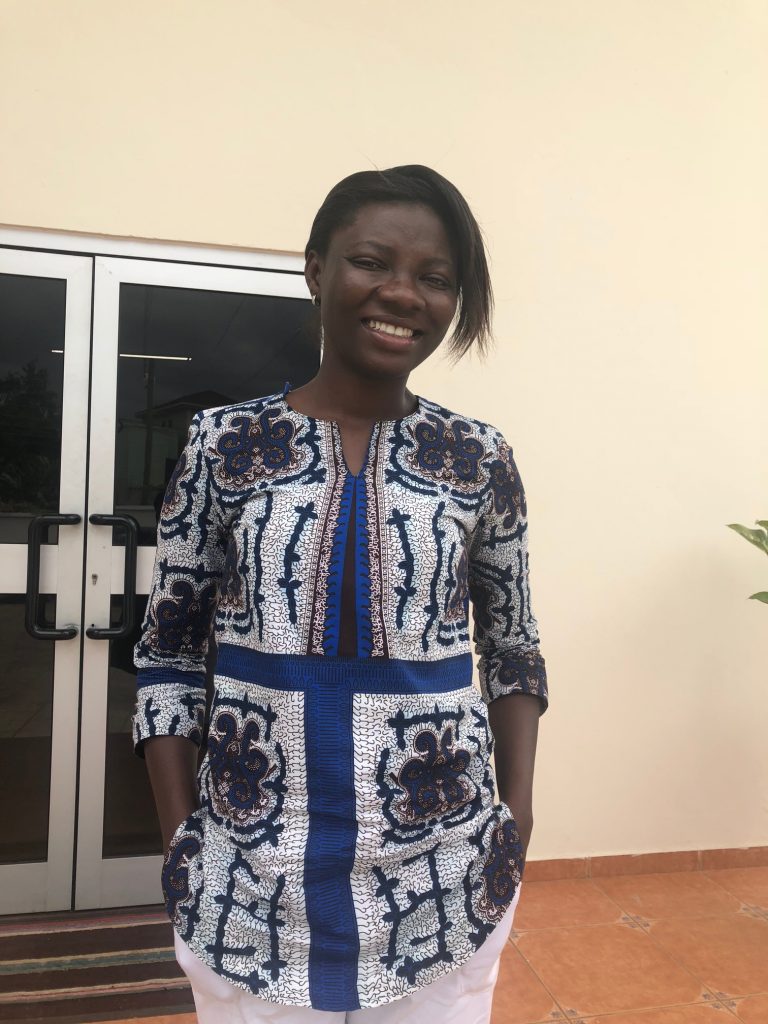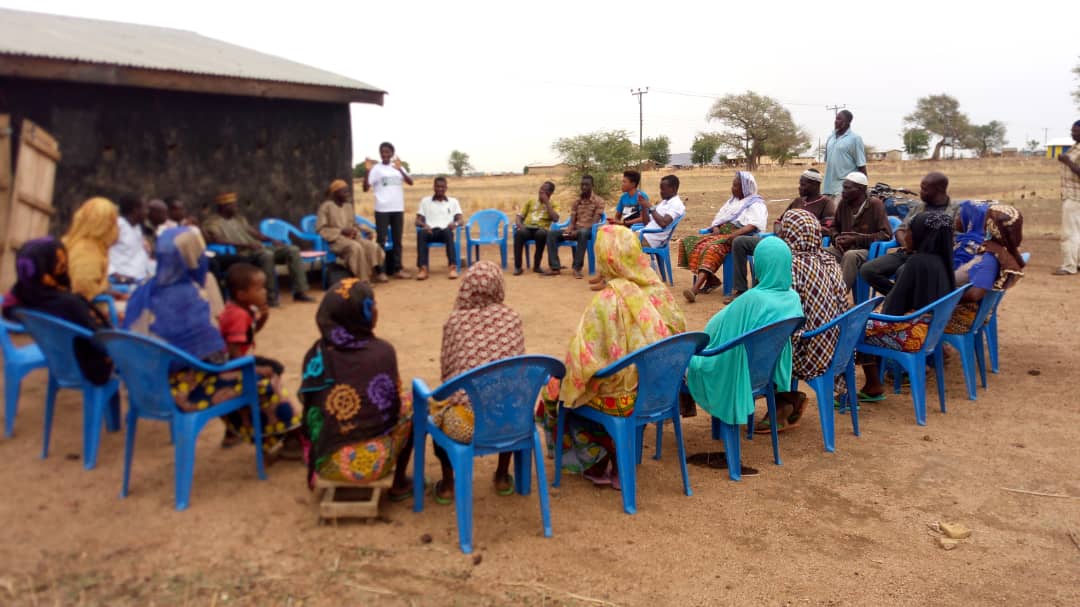Hawa Yakubu’s Legacy lives on: A conversation with Linda
In 2010, as a part of its efforts to immortalise the works and achievements of African Women whose legacies of community development were not always documented,

AWDF instituted a fund in memory of Hawa Yakubu, a Ghanaian politician, a Member of Parliament in the Fourth Republic of Ghana and also a Minister for Tourism. Hawa Yakubu’s legacy is one of selflessness, dedication to the development of her community and the development of young women. As such the Hawa Yakubu fund benefited young women between 18-30, in tertiary institutions in the three Northern regions of Ghana.
We caught up with one of the young women, Linda Lariba Atibilla who was selected as a Hawa Yakubu award winner in 2011 and she spoke to us about her journey and her own start up initiative that was born out of the seed funding that she received as part of her award.
How did you get involved in the Hawa Yakubu Grants process and what was it like for you?
The Hawa Yakubu grantees were selected through an essay competition in 2011. We were awarded $5000 each, half went towards paying for our education with the other half going into a women focused initiative. When I had to choose the initiative I wanted to create, I already had a fair idea of the community that I wanted to work with. I come from a rural community in the Boko West District, called Benaba and female migration is a tragic part of life there. Girls disappear often, only to reappear working in cocoa farms or on the streets of Accra and Kumasi. Through the Hawa Yakubu fund I was able to engage 15 young women who had been victims of forced migration and create Hope Givers Company Limited to begin working in shea butter production. Over the years the organisation has really grown.
In the beginning I would have to invest 70% of my personal salary in the organisation but now with the organisation’s growth, I’ve had to resign and start working in it full time. We now have a factory and a website (thanks to some students from Manchester University) and today the organisation creates market access for over 615 rural women agricultural producers.
We’re currently exploring producing value added products- as we’ve realised how little access women shea farmers have to a larger market. Often times as the value chain moves up there are fewer women present, and we want to create more space within the market for the producers of shea. We are also exploring using other natural resources such as moringa, baobab and neem. There are times when I’ll be able to connect with other women producing baobab or neem products and take them to trade fairs, and help them gain access to a ready market for their products as well. The organisation is currently working on getting more machinery for our factory to allow for more mechanised production.
This has been a real learning journey for me especially when it comes to market production. The other young women who received the grant have acted as a good network for me, continually sharing knowledge and opportunities with me.

